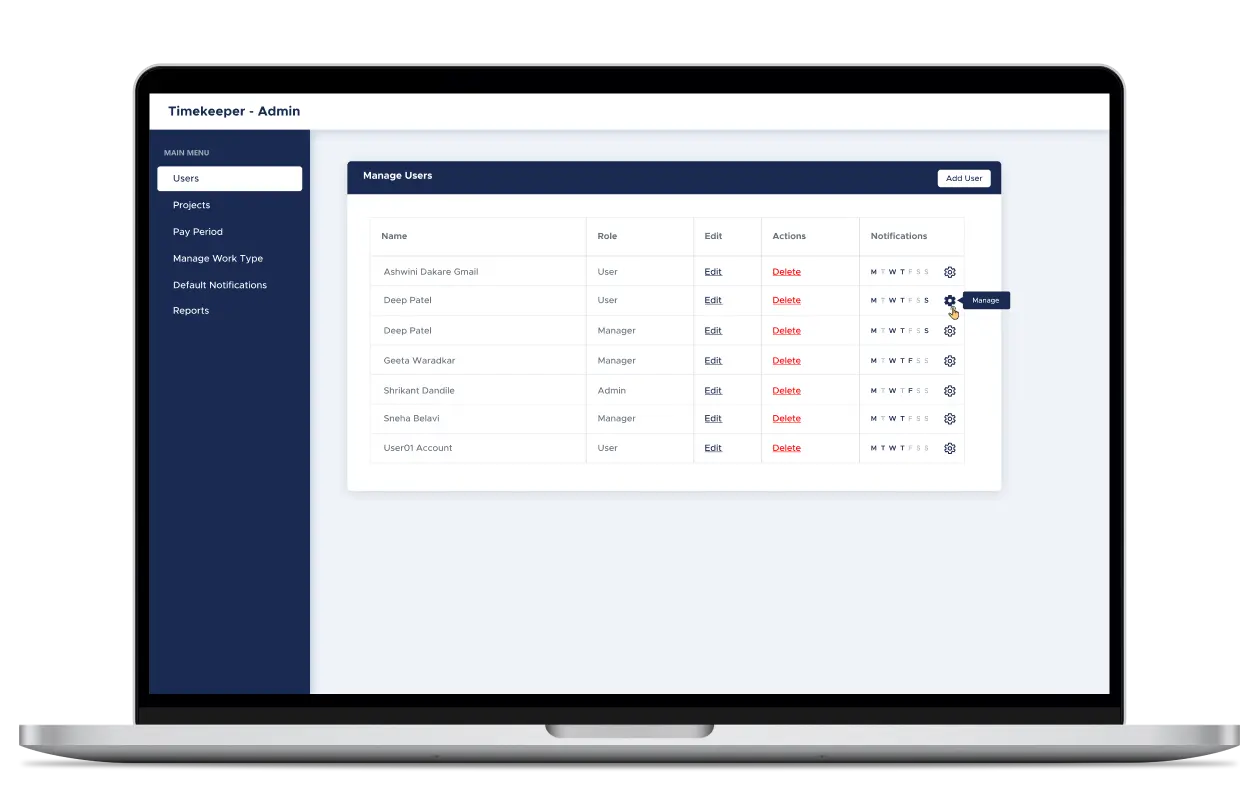We use cookies to enhance your experience. By continuing to use our site, you consent to the use of cookies.

Stored on a remote server, the web application is accessible through internet browsers. Typically, these apps run using a web server, an application server and a database.
While web servers take care of the clients’ requests, the application server ensures that the requested task completes in time. And, databases help store important information.
So, could you benefit from such web applications? Find out by exploring the pros and cons associated with these apps.
So, could you benefit from such web applications? Find out by exploring the pros and cons associated with these apps.
Undoubtedly, web applications offer an array of benefits to users. Here are some of the perks you can realize too:
When compared to desktop or other app developments, web applications are cheaper to make. Plus, the same version of the web app works with multiple OS, unlike the mobile or desktop apps that must be created separately for varying platforms. Hence, offering users and businesses the most cost-effective alternative.
You do not have to download anything from platforms such as Play Store or App Store for accessing web applications. On the contrary, all you need is a web browser to interact with these web apps.
A web app, unlike other applications, does not require frequent updates. Usually, developers make changes to the common codes of the websites these apps are linked to. This way, every user get to work with the latest version of the web apps.
Apart from the advantages, there are certain limitations that these web apps come with. Here is what you must know:
Web applications, accessible via browsers are completely dependent on the internet. This somewhat restricts the reachability of these apps to places where the internet connection is still not available.
Web apps do not have security measures like quality control systems. Therefore, these are considered vulnerable to a data breach when compared to other types of applications. This is why SSL enforcement becomes imperative in order to control such attacks to some extent.
Web applications often come with limited features as compared to their desktop app counterparts. This is because these programs cannot support all the hardware as well as the operating systems of each device you work with.
Apart from a few limitations, web apps have a lot in store for all kinds of users. Wondering how to utilize web applications to make the most of it? Click the link below to explore more.
Discuss the scope of work with clients and offer suggestions to finalize the complete project requirements.
Consider the finalized requirement to analyze project cost, keeping the client’s budget in mind.
Assign our experienced team to complete the development of the project before the set deadline.
Optimize the code through reviews to ensure the application follows the defined architecture and best practices.
Carry the rigorous testing of the built program to validate and verify the application’s functionality, performance, and security.
Complete the sign off formalities with clients after confirming the aptness of the developed solution.
Take care of the application’s deployment at the client’s site to offer hassle-free software delivery.
Stay in the loop with the clients after the application goes live to offer support, whenever needed.

